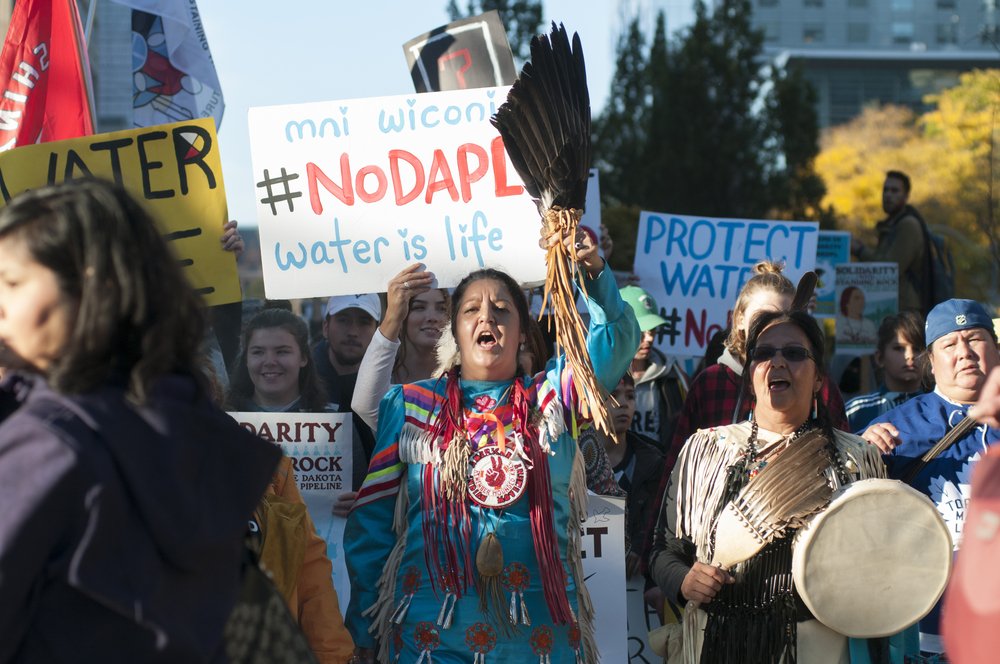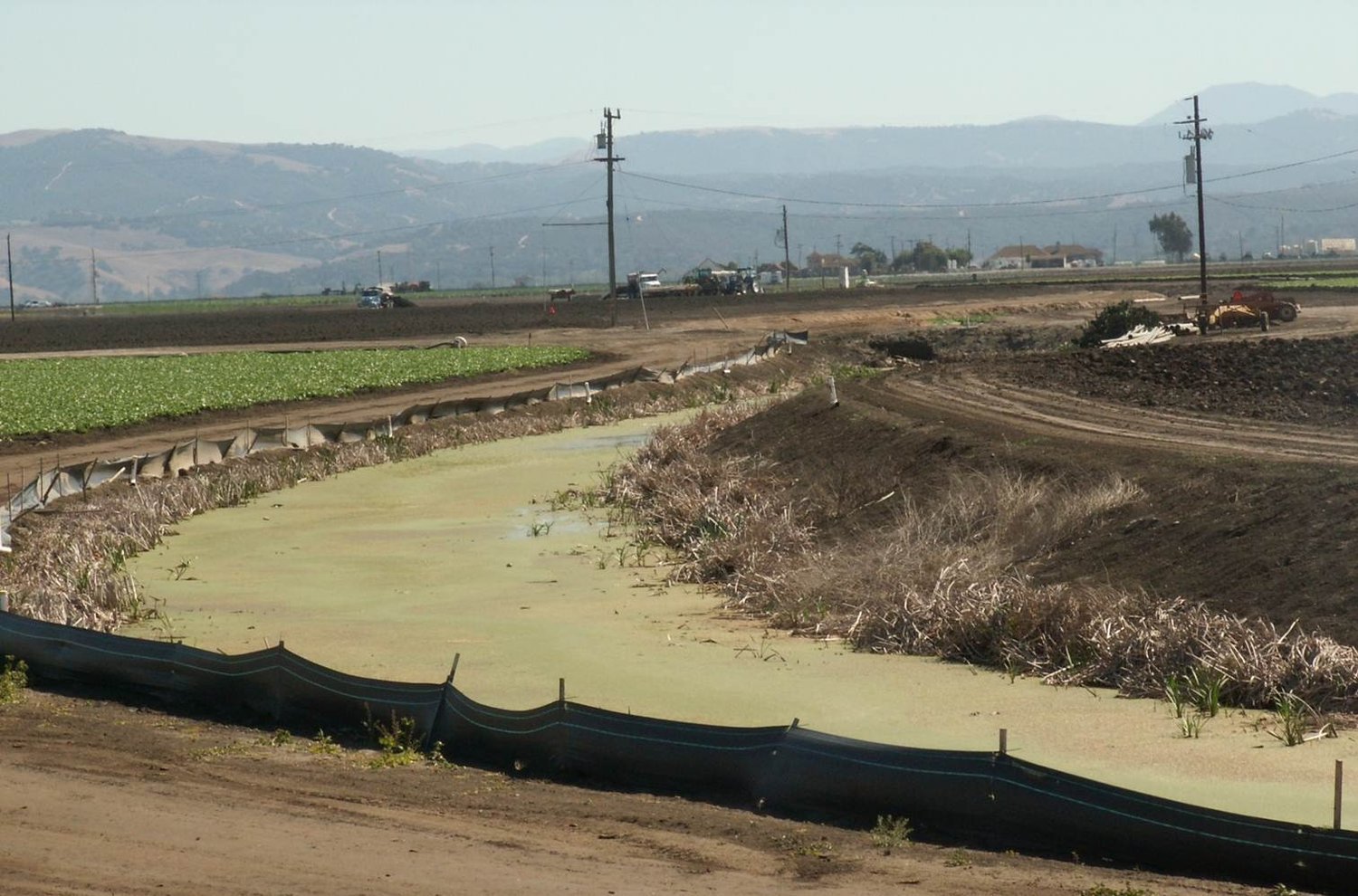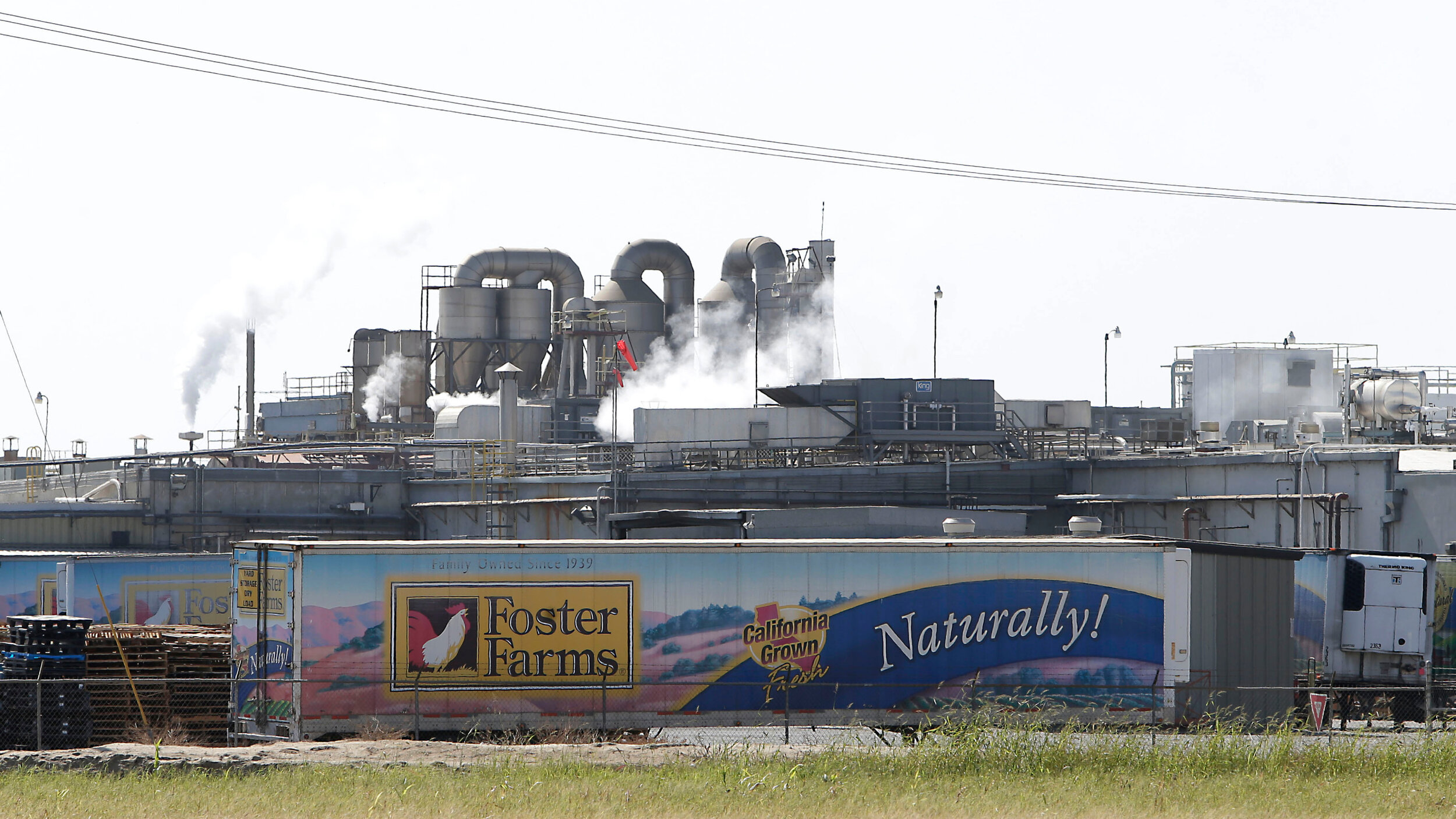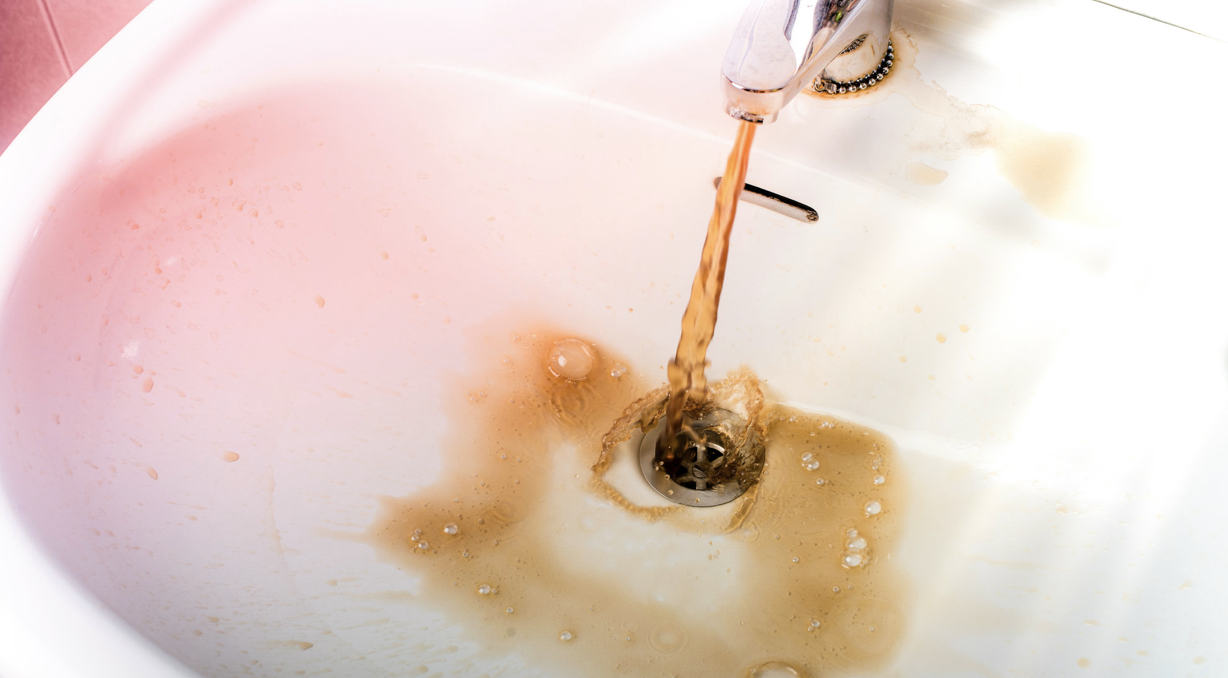EPA sits on the scales of justice for polluters with new Environmental Appeals Board proposal
Patrice Simms, Vice President of Litigation, Earthjustice
The Environmental Appeals Board (“EAB”) serves as the “final decision maker on administrative appeals under all major environmental statutes that EPA administers.” And the success of the Environmental Protection Agency’s core mission depends, in part, on the accessibility, independence and impartiality of this entity.
That independence and impartiality is now under threat with a new proposal from the Trump administration that would effectively create two doors to reach the EAB – one, for polluters, a door that remains almost always open; the other, for people and communities, a door that would be nearly impossible to unlock. Earthjustice joined with over 40 organizations (listed below), including the Impact Fund, representing a diverse array of concerns in strong opposition to this proposal.
With a deceptively labeled early December proposal -- titled “Modernizing the Administrative Exhaustion Requirement for Permitting Decisions and Streamlining Procedures for Permit Appeals” -- the Agency is attempting to eviscerate the EAB’s power to ensure permits issued to polluting industry comply with basic environmental statutes like the Clean Water Act and Clean Air Act. In place of this core function, the rule would, in effect, give industry nearly unfettered rights to petition the Board for weaker permit requirements. At the same time, it would give polluting industry a veto power over any petitions from communities or individuals seeking stronger protections, even where a challenged permit is demonstrably flawed. This attempt to rig the administrative appeal process against the public interest is probably better termed the “lawless permits rule,” and it will have profound consequences for real people across the country.
This new proposal, however, would effectively give Shell (and other polluting industries) the power to thwart EAB review of its permits.
The EAB was established in 1992 under President George H.W. Bush to serve as an impartial body with broad powers to review issues of fact and law, and important policy considerations, in environmental permitting decisions. This includes an obligation to ensure that permits are appropriately stringent, incorporate required monitoring, adhere to public notice and comment standards, and appropriately consider factors like Environmental Justice impacts. A good example of this is a 2010 case before the EAB involving permits issued under the Clean Air Act to Shell Oil for drilling operations in Alaska.
In the 2010 case, several Native American Tribes including the Inupiat Community of the Arctic Slope appealed multiple EPA-issued pollution permits to the EAB. The Tribes argued that the permits issued by EPA’s regional office – permits that would have allowed dangerous pollutants into their air and water – failed to address the community’s environmental justice concerns and the effects on human health from emissions. The EAB agreed with the Tribes, and sent the permits back for EPA to address the Tribes’ concerns.
This new proposal, however, would effectively give Shell (and other polluting industries) the power to thwart EAB review of its permits. In the example above, for instance, the Tribes and other public interest petitioners would lose their ability to come before the EAB and have their case fully heard - unless Shell gave its blessing for such a review to occur. This attempt to rig the system is disguised as an alternative dispute resolution (or negotiation) process; but that process cuts off substantive review by the Board altogether without the unanimous consent of all parties – including permit applicants (like Shell). It is hard to imagine a scenario where Shell (or another permit applicant) would voluntarily consent to allow a petitioner to challenge a pollution permit it has been issued. However, when the polluting industry itself challenges permits (especially strong permits that communities and public interest groups have no reason to challenge), nothing stands in the way of industry right to seek full EAB review. So, this ratchet will only turn in one direction, to make environmental permits weaker.
With this proposal, the administration is attempting to institutionalize lawlessness and corporate cronyism in its most cynical form.
Moreover, even if the EAB managed to conduct a full review of a permit decision – which would only occur if industry agreed to allow such review to proceed – it could be barred from addressing issues like environmental justice when evaluating the permit and underlying permitting process. A section of the latest order labeled “Clarifying the EAB’s Scope and Standard of Review in Environmental Appeals” would likely end the Board’s practice of considering whether permit applications have complied with relevant Executive Orders – such as the 1994 on Executive Order on Environmental Justice.
The Trump administration has shown repeatedly its willingness to silence the voices of those who live at the doorsteps of polluting industrial facilities, and to consistently value profit over people. With this proposal, through the provisions described above and others, the administration is attempting to institutionalize lawlessness and corporate cronyism in its most cynical form, and close the door on people seeking to hold their government accountable to the law.
This attempt to undermine the integrity, impartiality and accessibility of the Environmental Appeals Board is shameful and illegal. It should be rejected.
Call your representatives now and ask them to take action/speak out against this outrageous and illegal proposal.
Letter Signatories:
ACCESS | Alaska Wilderness League | Alliance for Justice | Boulder Waterkeeper | California Coastkeeper Alliance | Center for Biological Diversity | Center for Justice & Democracy | Center for Progressive Reform | Center for Science and Democracy at the Union of Concerned Scientists | Citizens Coal Council | Clean Water Action/Clean Water Fund | Consumer Action | Earthjustice | Elders Climate Action | Endangered Species Coalition | Environmental Law & Policy Center | Fair Shake Environmental Legal Services | Food & Water Watch | Friends of the Cloquet Valley State Forest | Friend of the Earth | Gasp | Hip Hop Caucus | Hispanic Federation | Honor the Earth | Impact Fund | John Muir Project | League of Conservation Voters | National LGBTQ Task Force | National Parks Conservation Association | New Mexico Environmental Law Center | Our Children’s Trust | Partnership for Policy Integrity | Public Interest Law Center | Protect All Children’s Environment | Protect Elizabeth Township | Revolving Door Project | Sierra Club | Soujourners | Southwest Research and Information Center | Sugar Law Center for Economic and Social Justice | Union for Reform Judaism | Waterkeeper Alliance | WaterLegacy













